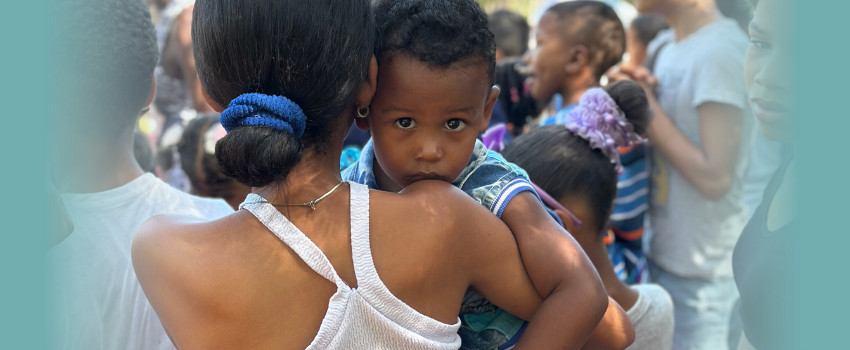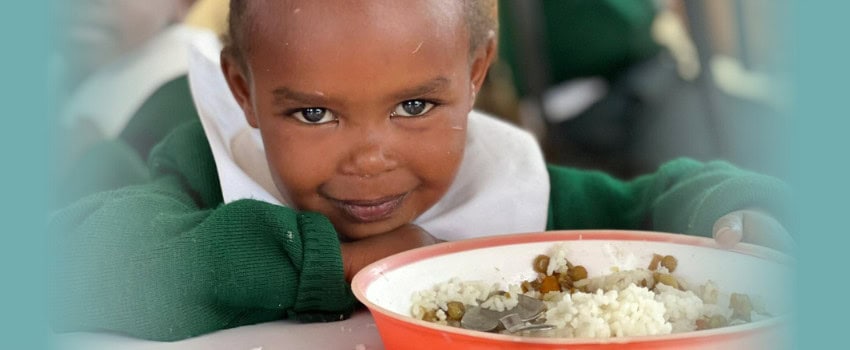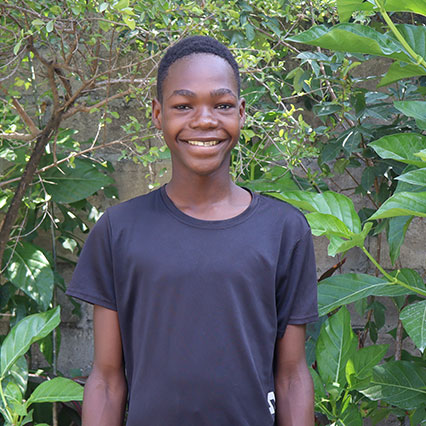A New Vision for the Village of Hope
The Road to Today “Imagine a young girl forced to grow up inside a garbage dump, exposed to extreme filth and severe malnutrition, at risk of physical abuse, rape, drug abuse, pregnancy – and even being sold into prostitution by her family for first access to incoming garbage.” These were








